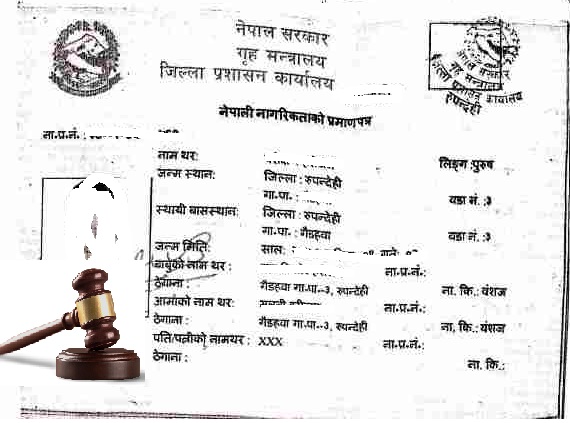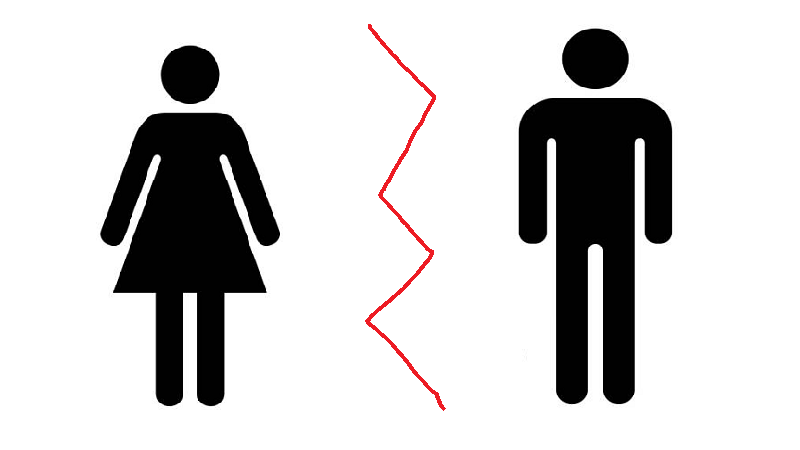The Principles of conservation law are as follows:
Substantive principles: it is the major principle that guides basic aspects of conservation law from ground level. It is not possible for every states to enter into bilateral agreement as it impact the states in one or other ways. Thus in order to secure the safe corner, substantive principle is important. Within this principle there are different principle attached. They are:
- ‘No harm’ principle: This principle is the principle of absolutely sovereignty of the states in order to exploit the natural resources within the boundary of its territory but that should not make adverse effect to other state. It restricts the trans boundary jurisdiction of states in order to conserve or exploit the natural resources. Thus while exploiting its own natural resources, the state shall perform exploitation with good faith which prevent from harming another state. Principle 21 of the Stockholm Declaration, 1972 specifically linked the ‘sovereign right’ of a State to exploit its own resources to the responsibility not to cause environmental damage. Prior to this declaration, no harm principle was stated in the UN General Assembly Resolution 1803 but it has no provision of limitation in use of natural resources which was limited by 1972 declaration. This shows that this principle is related and carry some aspects of preventive principles.
This relation can be traced back from the Trail Smelter Case (United States v. Canada). In this case, the tribunal stated that,“no State has the right to use or permit the use of its territory in such a manner as to cause injury by fumes in or to the territory of another or the properties or persons therein, when the case is of serious consequence and the injury is established by clear and convincing evidence.” - Principle of Prevention: This principle is also the outcome of the same Principle 21 of the Stockholm Declaration, 1972. It states that, “States have . . . the sovereign right to exploit their own resources . . . and the responsibility to ensure that activities within their jurisdiction or control do not cause damage to the environment of other States or of areas beyond the limits of national jurisdiction.”What makes this principle different from no harm principle is that the main objective of this principle is not to focus on the damage which has already been caused. It creates obligation to the state in order to not to cause harm in environment
In the Advisory Opinion on the Legality of Nuclear Weapons 1996, the ICJ stated that: “[t]he existence of the general obligation of States to ensure that activities within their jurisdiction and control respect the environment of other States or of areas beyond national control is now part of the corpus of international law relating to the environment.” Here, ICJ clearly states that the prevention principle of principle 21 of Stockholm declaration and principle 2 of Rio declaration is the part of international law.
This principle is also mentioned in law of seas where Article 193 of the United Nations Convention on the Law of the Sea (‘UNCLOS’) states that ‘States have the sovereign right to exploit their natural resources pursuant to their environmental policies and in accordance with their duty to protect and preserve the marine environment’ This shows that the principle of prevention also has its application on marine environment as well.
- Precaution principle: It is the principle 15 of Rio declaration in which it states that,“[i]n order to protect the environment, the precautionary approach shall be widely applied by States according to their capabilities. Where there are threats of serious or irreversible damage, lack of full scientific certainty shall not be used as a reason for postponing cost-effective measures to prevent environmental degradation.”
This principle states about the precaution to be measured before as to perform use of natural resources but it has its own limitation like scientific uncertainties, capability of state to perform, etc. - Polluters Pay principle: This principle states that whoever pollutes the environment shall be liable and have to bear the cost of pollution. It was first recognized in OECD Council Recommendation, in 1972 and later mentioned in principle 16 of Rio Declaration which states that, “[n]ational authorities should endeavor to promote the internalization of environmental costs and the use of economic instruments, taking into account the approach that the polluter should, in principle, bear the cost of pollution, with due regard to the public interest and without distorting international trade and investment.”
- Principle for sustainable development: It is the most used and abused principle of international environmental law. This principle is expressed in Principle 4 of Rio Declaration which states that,“[i]n order to achieve sustainable development, environmental protection shall constitute an integral part of the development process and cannot be considered in isolation from it”. This states that the development work which is carried out should be in accordance with the preservation of environment in order to achieve the sustainable development for long run use.
Principle of Process: This principle is related with the procedural aspect in which they do not guide anything but only deals with the procedure. This principle talks about the duties to be fulfilled while using the natural resources. Under this principle, the process is;
- Duty to know: This principle states that, it is the duty of every state to know about the adverse effect caused by the environment exploitation. Scientific research should have to be carried out in order to know the outcome of activities performed. Every state should know the effect of each and every activity performed while exploiting the resources within its own territory. World. The first declaration to acknowledge this principle was World Charter for Nature of 1982. In its principle 19 it states that,“The status of natural processes, ecosystems and species shall be closely monitored to enable early detection of degradation or threat, ensure timely intervention and facilitate the evaluation of conservation policies and methods.” Practically, scientific research has to be carried out like EIA and all before altering the natural resources. This principle helps the preventive principle of substantive principle as it warns the authorities of the early threat while altering the natural resources.
- Duty to inform and consult: According to this principle, if the act carried out by one state regarding environment exploitation and it is going to Make effect or harm on another state then it is the duty of the state to inform another state about the harm and consult with them. This principle is enshrined in Principle 19 of Rio Declaration 1992 which states that, “States shall provide prior and timely notification and relevant information to potentially affected States on activities that may have a significant adverse transboundary environmental effect and shall consult with those States at an early stage and in good faith.” Looking at the foundational base, it can be seen that this principle emerged from the concept of equality in access.
- Public Participation: This principles states that public participation is the most important part while carrying out the development works as locals are the first beneficial of every development conducted. Local must be informed. This principle has been enshrined in Principle 10 of Rio Deceleration 1992 which mentions that “Environmental issues are best handled with the participation of all concerned citizens, at the relevant level. At the national level, each individual shall have appropriate access to information concerning the environment that is held by public authorities, including information on hazardous materials and activities in their communities, and the opportunity to participate in decision-making processes. States shall facilitate and encourage public awareness and participation by making information widely available. Effective access to judicial and administrative proceedings, including redress and remedy, shall be provided.”
Equitable Principles: This principle arise, since western countries were exploiting resources more than that of the eastern part. They were gaining the benefit from it and it was creating the negative impact as well in the environment. Eastern due to lack of technology and equipment remained backward in using at past.
- Intra generational equitable principle: This principle showed the concern about preservation of natural resources for the use of upcoming generation. It mentions following aspects:
- The upcoming generation should get access to the natural resources in the same quantity as much as we are getting access to it.
- There should not be undue restriction to the future generation in access to natural resources by over exploiting by us.
- Cultural resources should have to be known, consumed, use and entertain by the upcoming generations
- Common but differentiated responsibility: It mentions that common responsibility should be created in the protection of natural resources but developed country has more resources than that of under developed countries. So developed countries have to conduct corrective work and help underdeveloped countries. This principle is enshrined in Principle 6 and Principle 7 of Rio Deceleration 1992.
- Equitable utilization of shared resources: This principle states that shared resources like high sea, fishing, passage cannel should be equally utilized as it belongs to everyone.
Hence, these are the principles of Conservation law.
 Nepali Law A complete legal information portal
Nepali Law A complete legal information portal



